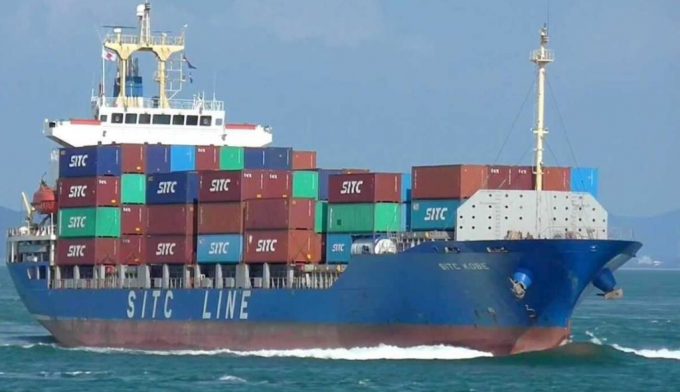OOCL gains market share in Q1, with 'very strong' financials unveiled by Cosco
Volumes carried by Cosco-owned container line OOCL in the first quarter soared, compared with the ...

Intra-Asian ocean freight rates are “sliding”, but the market is holding up better than long-haul trades, according to Dimerco.
In its September Asia Pacific freight report, the Taiwanese forwarder said demand for ocean freight was weakening worldwide due to economic recession and inflation, with macro indicators “not suggesting a quick turnaround.”
Dimerco added: “Overall, ocean loading factors ex-Asia for long-haul trades fell 94%. The upcoming weeks could drop to 92% or so.
“Weak demand has led to sliding ocean freight prices. Intra-Asia rates ...
Keep our news independent, by supporting The Loadstar
Volume surge and an early peak season? 'Don't celebrate too soon,' warning
Ecommerce likely the front-runner in resurge of transpacific trade after deal
China-US trade tariff pause could drive a rebound for transpacific rates
Shippers should check out the 'small print' in China-US tariff cuts
Service chaos from trade ban with India a problem for Pakistan shippers
Carriers impose 'emergency operation' surcharges on Pakistan cargo
15% rebate for box ships as Suez Canal Authority woos carriers


Comment on this article